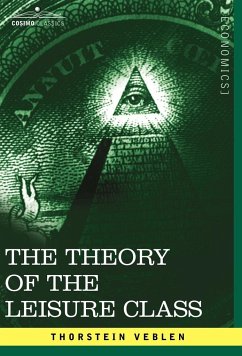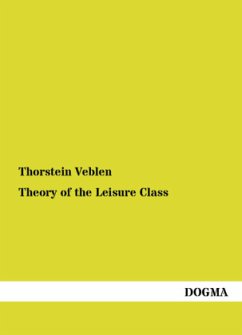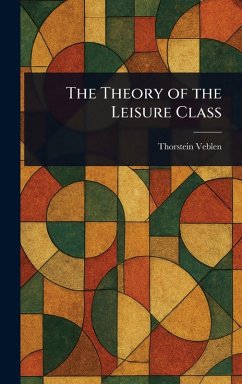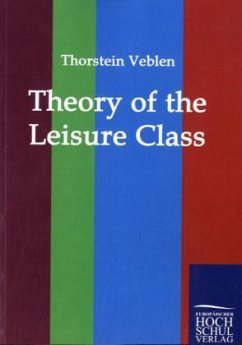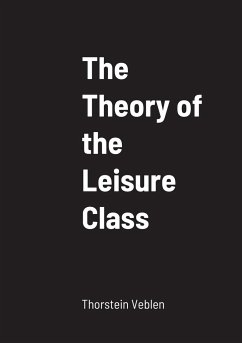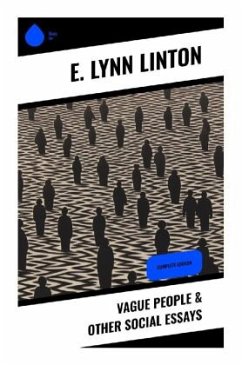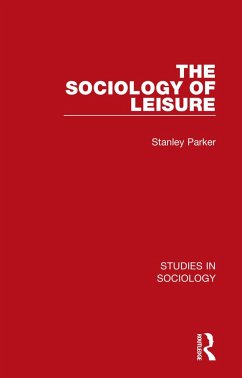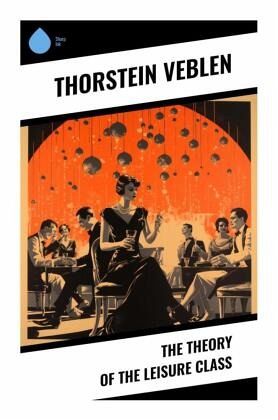
The Theory of the Leisure Class
Versandkostenfrei!
Versandfertig in 6-10 Tagen
11,40 €
inkl. MwSt.

PAYBACK Punkte
0 °P sammeln!
In "The Theory of the Leisure Class," Thorstein Veblen presents a critical examination of the socio-economic structures of late 19th-century America, articulating his concept of "conspicuous consumption." The book employs a unique blend of sociological analysis and economic theory, portraying the leisure class as a distinct social group characterized by their spending habits and lifestyle choices. Veblen's incisive prose critiques the interplay of social status and economic power, illuminating the ways in which consumer behavior reflects underlying societal values and reinforces class division...
In "The Theory of the Leisure Class," Thorstein Veblen presents a critical examination of the socio-economic structures of late 19th-century America, articulating his concept of "conspicuous consumption." The book employs a unique blend of sociological analysis and economic theory, portraying the leisure class as a distinct social group characterized by their spending habits and lifestyle choices. Veblen's incisive prose critiques the interplay of social status and economic power, illuminating the ways in which consumer behavior reflects underlying societal values and reinforces class divisions. Veblen, an influential economist and sociologist, was deeply affected by the economic changes of his time, particularly the rise of American capitalism and the growing gap between wealth and poverty. His background in both economics and sociology allowed him to fuse these disciplines, offering a multifaceted critique of capitalism that highlights the often-ignored social implications of wealth disparity. Growing up in a modest family and witnessing the excesses of the affluent informed his perspectives, making this book a profound reflection of his thoughts on societal hierarchies. "The Theory of the Leisure Class" is essential reading for anyone interested in understanding the complexities of modern consumer culture and social stratification. Veblen's timeless analysis provides valuable insights into contemporary debates on wealth and inequality, making this work relevant for economists, sociologists, and casual readers alike.



